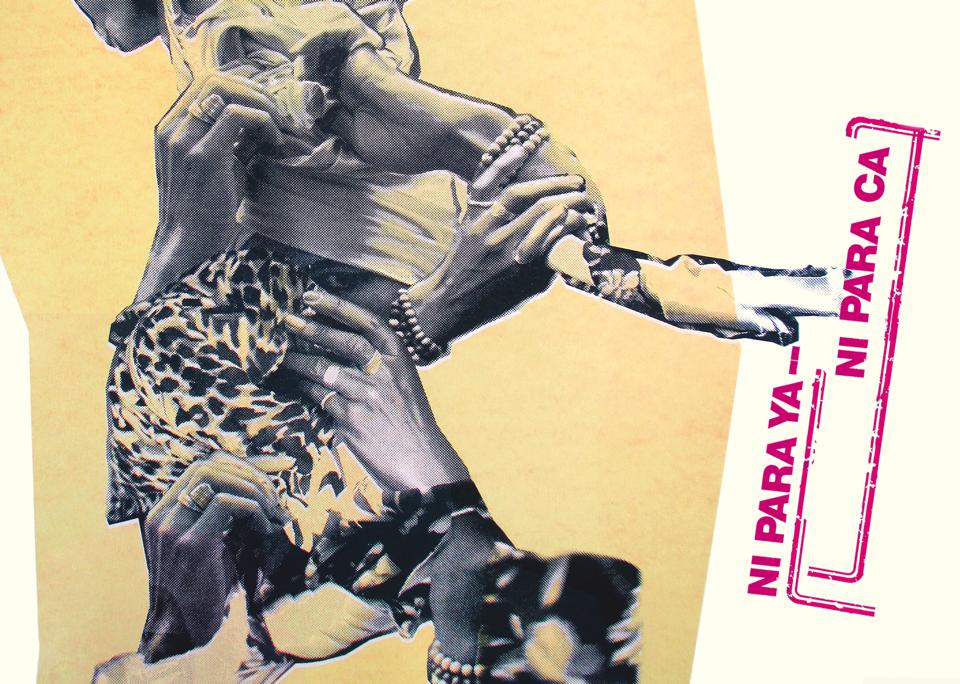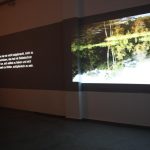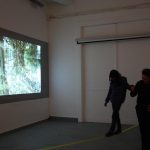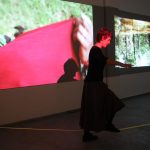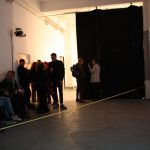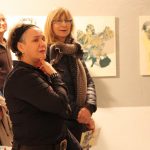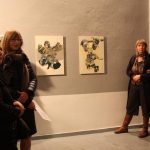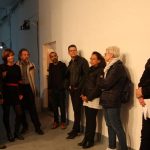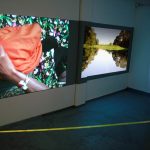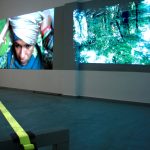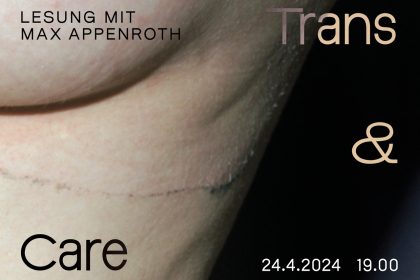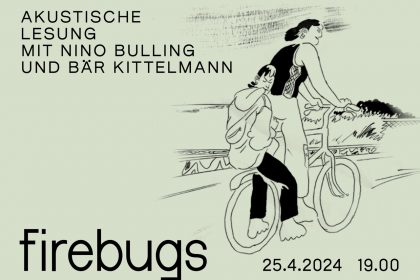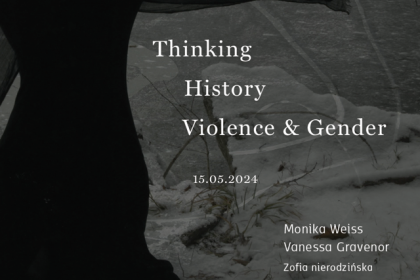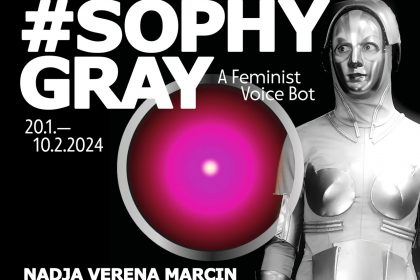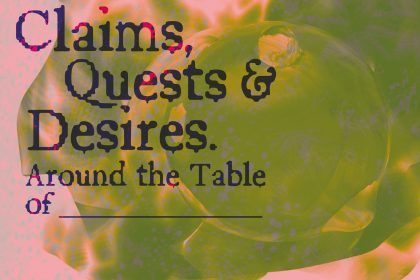two-part video installationn, graphic art prints, research presentation
In her new work, Marisa Maza deals with the connection between gender, the colonial past, and the post-colonial present in Columbia. To this end, she researched the biography of the nun Catalina de Erauso who traveled in Spanish colonial Latin America in the 16th century dressed as a man, where she fought as a soldier for the church and the colonial government. Maza contrasts the biography of Catalina de Erausos with the current circumstances of activists from the Afro-Columbian LGBTI community in Bogotá. The work sheds light on how they experience their difficult, marginalized position locally and in public space—and thereby professes and traces the continuity of male and white dominated structures from the colonial era to contemporary Columbian society.
Marisa Maza (born in Madrid, Spain) has been living and working in Berlin since 1989. in her works she focuses on gender and identity politics as well as on the multiple forms of their media, cultural and social representation.
http://www.marisa-maza.com/

